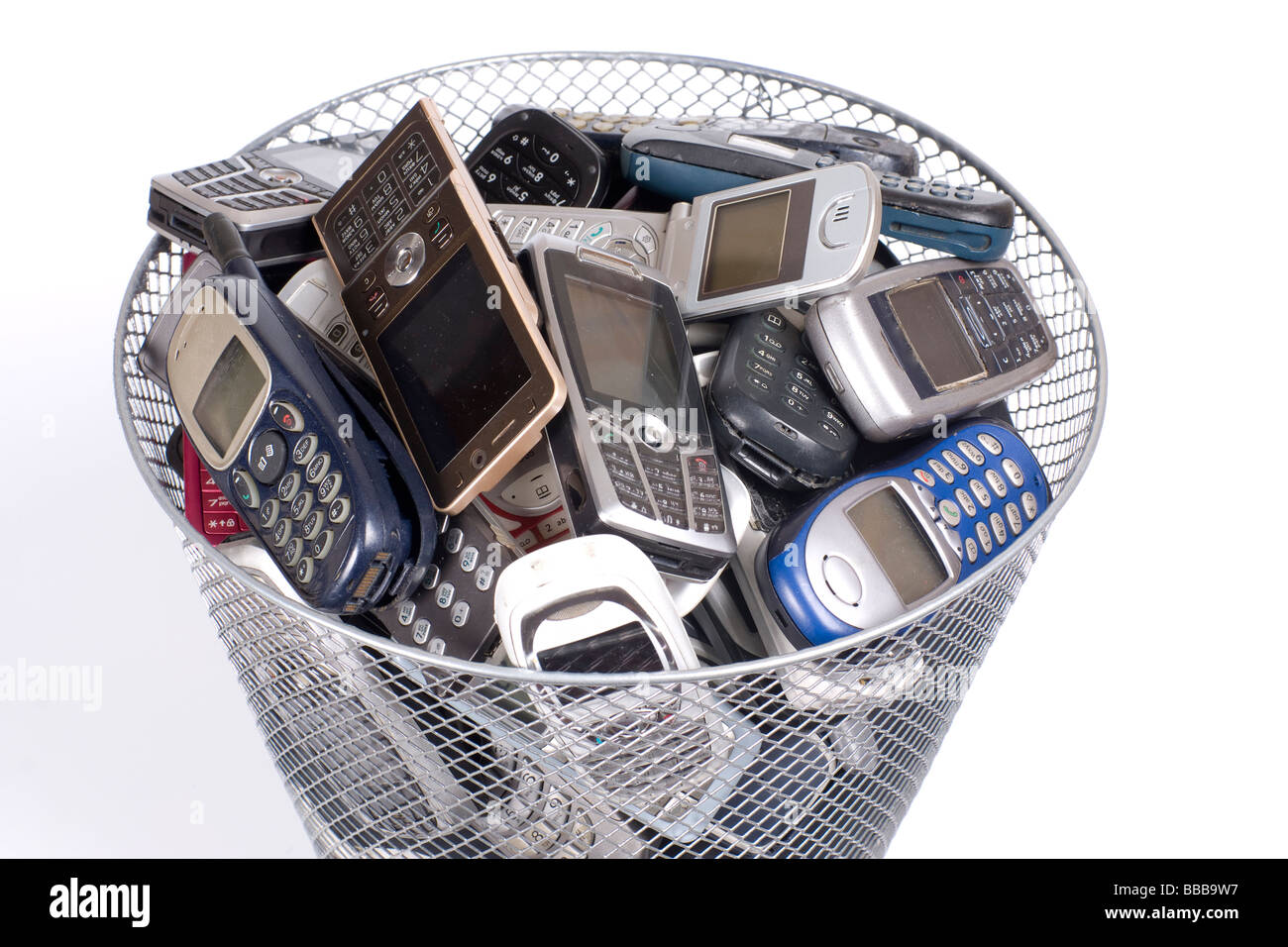Do you like working with an old
smartphone?
·
The
touch screen is slow to
respond.
·
The battery dies before you get to
work.
·
Your
phone decides to freeze or
restart by itself.
·
Your photos look low quality and
grainy.
·
Your
phone is out of storage.
·
You
can’t find a compatible charger.
·
Your
phone is still running on a 3G network.
Most likely you will have a very
hard time working with this old device, plus it will demand abundant patience!
To
answer your question: What
are the new rules of work of the Digital Age?
WE
ALL NEED CONSTANT UPDATES!
Every one of us is facing the
risk of being outdated in the next few years.
Technology is dramatically
changing every industry on earth. Soon millions of people will feel like old
smartphones. Employers will demand an updated version of workers or else they
will be disposed of!

Industrial Age jobs will become
outdated just like old smartphones.
These old skills are quickly becoming less valuable.
The rules of work have
dramatically changed.
This is the new economy;
everything has changed!
Remember when a TV was good for
a lifetime? We used to
purchase a TV expecting it to last forever, yet, today those TVs are virtually
useless without today’s digital antennas.
During the Industrial Age,
people “purchased” their
degree to secure a life-long career. Today most college degrees are outdated by the time a student
graduates, plus are disappointed with the harsh reality of non-existent jobs.
According to a study made by
LinkedIn, during the last 20 years, the number of companies people worked for
in the five years after they graduate has nearly doubled. This is expected to increase
further.
A 2016
Pew Research Center survey found that 87% of workers believe it will be
essential for them to get training and develop new job skills throughout their
work life in order to keep up with changes in the workplace.
Comments
Post a Comment